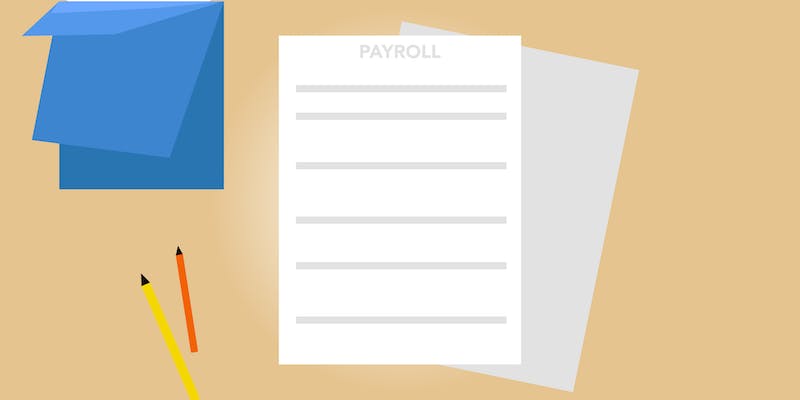An insurance provider connected to your mortgage lender typically sells life insurance. Mortgage life insurance names your mortgage lender as the beneficiary of the policy.
If you pass away in the middle of your policy tenor, your other family members won’t receive a death benefit. Instead, the lender takes advantage of your death and pays down the remaining balance of your mortgage from your mortgage life insurance.
The amount for a mortgage life insurance policy stays the same over the term, but the significance of the policy drops off as your mortgage balance does. Although this policy can prevent your family from suffering the loss of their house, it is not always the ideal choice for life insurance.
Coverage of Mortgage Life Insurance

This insurance (mortgage life insurance) would pay off your debts when you pass away. Mortgage life insurance, in contrast to other insurance policies, is only intended to cover the balance of your mortgage.
People purchase life insurance to cover fees, bills, and other expenses. The death benefits of a mortgage life insurance policy are paid directly to the mortgage lender, not to the other family members.
What benefits of Mortgage Life Insurance?
- Through mortgage life insurance, you can have a relaxation that eventually, your mortgage will be paid off.
- Mortgage life insurance gives you financial protection to lessen the likelihood of financial hardships for the policyholder’s family.
- It is a promising opportunity for long-term savings, i.e., you can save money with some life insurance policies.
Drawbacks of Mortgage Life Insurance?
- If you are not healthy or aged, it is expensive.
- Mortgage life insurance is pricey for its coverage.
- The premiums you pay at the start of your mortgage are reasonable, but you get far less coverage for your money over time.
- You could be misled if you do not have adequate mortgage insurance knowledge.
Forms of Mortgage Life Insurance
Typically, mortgage life insurance has two primary types:
Diminishing Payout Policy
It means the insurance amount will be reduced to the mortgage amount. Therefore, the payoff decreases as it approaches zero.
Level Term Insurance
It is another type of mortgage life insurance. The payout in this type of coverage does not decline. It gives protection for a particular period, usually between 10 to 30 years. If you pass away during these 30 years, your beneficiary will be paid the same amount.
The Reality of Mortgage Life Insurance

It is crucial to carefully consider if this type of insurance is necessary and cost-effective for your situation. First, it is important to consider whether or not there are other forms of life insurance in place that would cover the remaining balance on your mortgage.
In addition, the premiums for mortgage life insurance can be significantly higher than those for a traditional life insurance policy, as they are based on the outstanding balance of your loan rather than your overall health and age.
Lastly, it is important to consider whether or not paying off your mortgage should be a priority in the event of death. Sometimes, debts or expenses may take precedence, and leaving behind an unpaid mortgage may not significantly impact the loved ones left behind.
Ultimately, while mortgage life insurance can provide peace of mind, it is essential to evaluate whether or not it best suits your financial situation and needs before committing.
The Cost of Mortgage Life Insurance
This valuable coverage can bring peace of mind, but it often comes at a cost. The cost of mortgage life insurance is typically calculated based on factors such as the loan size, the borrower's age and health, and the length of the term. However, there are steps that borrowers can take to lower their premiums.
Maintaining good health can significantly impact insurance costs, as can choosing a shorter term for the loan. Shopping around for quotes from different insurers can also yield savings. Though it may involve some initial investment, securing mortgage life insurance can provide important financial protection for your family in difficult times.
How to Get the Fairest Deal on Mortgage Life Insurance
When purchasing mortgage life insurance, it's crucial to look around and compare expenditures. While the mortgage lender may offer this type of insurance, they typically have higher premiums, so it's worth looking for another provider. It's also a good idea to consider term life insurance, as it can often provide greater coverage at a lower cost.
Remember that the best price on a policy isn't always the only factor to consider. Look for a reputable insurer with good customer reviews and a history of paying out claims promptly. Ultimately, taking the time to research and compare options can lead to significant savings and mental peace when protecting your family's financial stability in the event of your death.
Final Thoughts
When considering mortgage life insurance, it's important to remember that this type of coverage will only pay off your outstanding mortgage balance in the event of your death. It does not provide additional protection for you or your loved ones, such as covering funeral expenses or replacing lost income. However, mortgage life insurance can be a cost-effective option for ensuring that your family will not be saddled with the remaining mortgage payments after your passing.
It's worth evaluating whether the premiums on a policy would be less than what you would potentially owe on the remaining balance of your mortgage. Eventually, deciding whether or not to purchase mortgage life insurance is a personal decision based on individual circumstances and priorities. It's a good notion to confer with a financial counselor before making any significant conclusions about insurance coverage.







